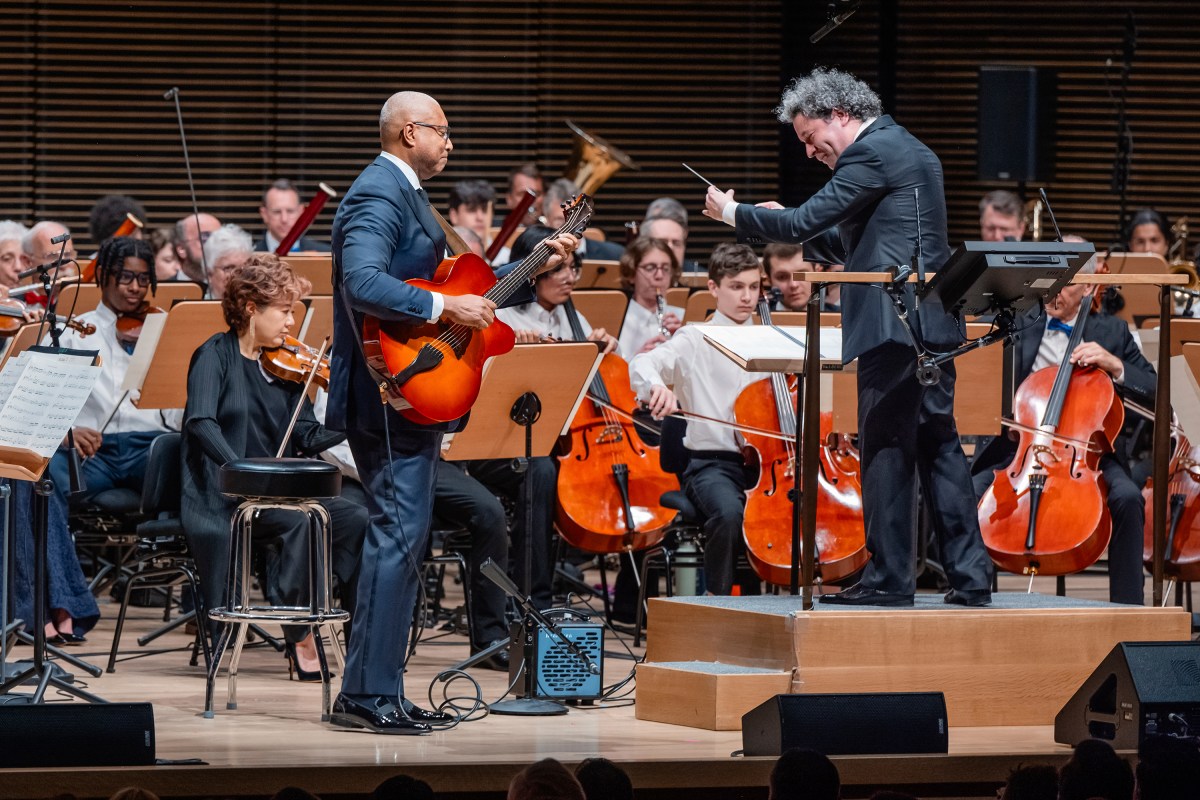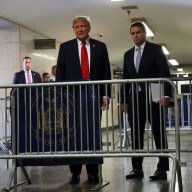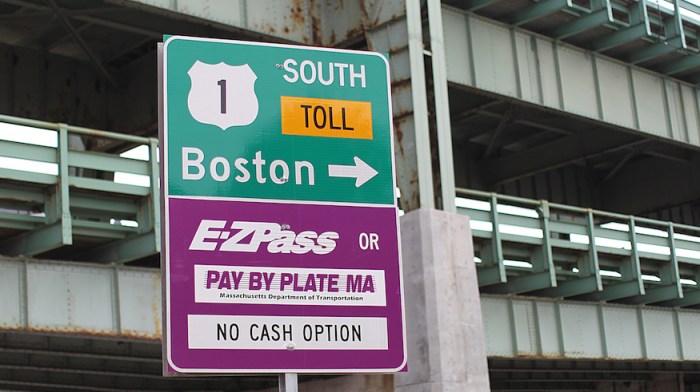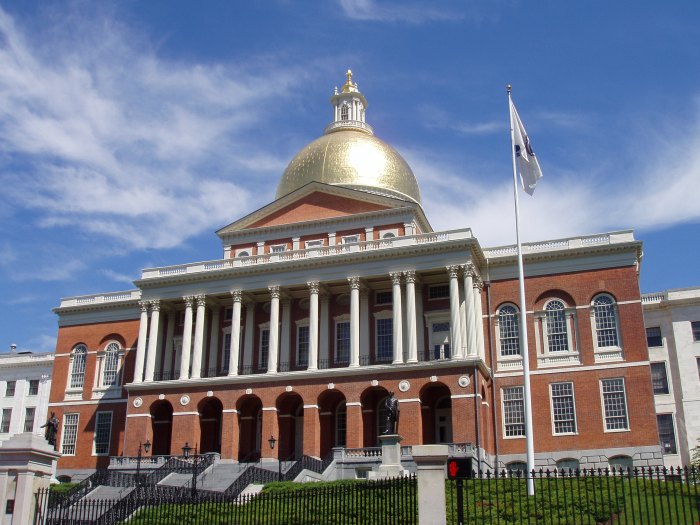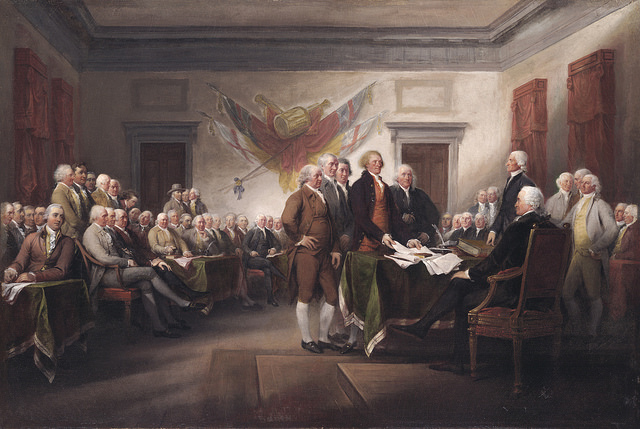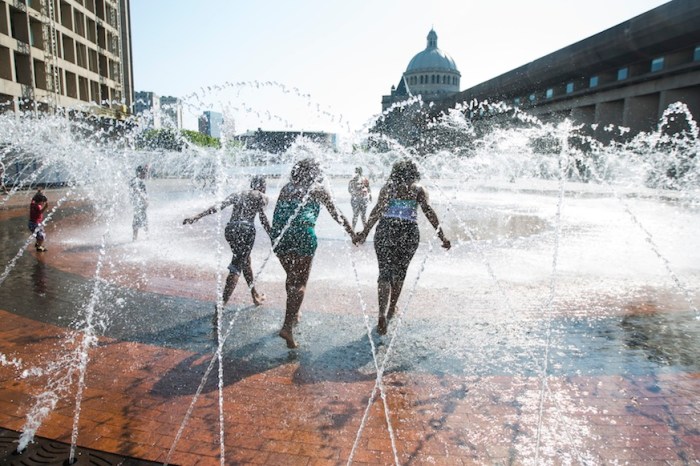He’s been dubbed the Codfather.
Carlos Rafael, owner of a fishing empire that is the largest in the Northeast if not the country, is accused of exploiting federal fishery regulations to get ahead and misreporting hundreds of thousands of pounds of fish. His alleged crimes expose the pitfalls of a system meant to help fishermen and their catch coexist.
It’s a tale of fraud, smuggling and organized crime better suited to the big screen than the docks of New Bedford.
For the 30 years Rafael has been in business, he’s engaged in an ongoing game of cat and mouse with federal authorities, going so far as to tell regulators, “I am a pirate. It’s your job to catch me.” He’s the kind of guy who investigators say plastered photos of Tony Montana — yes, the cocaine kingpin from “Scarface” — around his office.
In the 1980s, he spent six months in jail for tax evasion and in 1994 he was indicted and later found innocent of price-fixing. In 2011, federal agents confiscated an881-pound tunathat had been illegally netted aboard one of his fishing vessels. He reportedly had no problem telling other by-the-book fishermenhe was screwing them. And ultimately, it was greed that brought the Codfather’s house crashing down.
In 2015, approaching the age of retirement, Rafael moved to sell his business and let it slip he was looking for a buyer.
Though his fleet of 40 ships and accompanying assets clocked in at about $21 million in assets, based on financial statements, the king of the seas said his business was worth much more.
In a meeting with potential buyers Rafael believed to be connected to the Russian organized crime syndicate, he pitched at $175 million price tag for his empire.
“I’m trusting you,” Rafael said to the Russians, according to a 24-page affidavit filed earlier this month in federal court. “The only thing is, I open myself because both of you is Russians and I don’t think they would have two Russians [posing as agents]. F–k me –that would be some bad luck!” Well, it was bad luck after all. As Rafael unveiled the inner workings of his scheme, he was speaking to IRS agents posing as a broker and two Russian immigrants involved in organized crime.
Using his fishing fleet and his wholesale business to exploit redundancies in federal regulations, Rafael was bringing in pounds and pounds of struggling groundfish species — like cod and sole, which are subject to strict federal quotas — and misrepresenting his catch as other species with more lenient quotas, like haddock and red fish. Prosecutors allege Rafael would sell the mislabeled fish from his boats to the wholesale market he owned, make sure the numbers matched, and sell the rare fish for top dollar to a broker named Michael in New York. “You’ll never find a better laundromat than this mother—ker,” he told the undercover agents. He would smuggle cash to overseas bank accounts in his native Portugal.
Rafael was freed from jail earlier this month on a $1 million bond and he is expected to plead guilty on March 30. The terms of his plea deal have not been released.
Besides tax evasion and fraud, the problem with Rafael’s plan is that it undermined the efforts of federal authorities to manage healthy fisheries and avoid over fishing.
Fishermen from Rhode Island to Maine have had their catches limited by federal quotas since 2009 undera program regulators say promotessustainable fishing, but for many fishermen it’s meant hanging up their hooks. During the first year of the catch-share program, there were 440 commercial boats. That number dwindled to just 120 by 2013.
The fishery is broken up in sectors, each with member fishermen who are allotted a portion of the total allowable catch for each species — the National Oceanic and Atmospheric Administration sets these limits annually based on a number of factors, including landing reports by fishermen. “If we have an example of a stock that’s not growing the way it should and if we’re doing things like cutting back on fishing and still no results with the population getting bigger, it tells us something is going on — that could be more removal than reported, or it could be environmental, climate warming or change,” said Teri Fradychief of research communications at NOAA. She wouldn’t comment directly on the Rafael case or its potential impacts. For an industry already struggling to survive under strict regulation, it’s difficult to know what the impacts of Raphael’s deception will be down the line, but it’s likely regulators will have to adjust population models, which could further limit catches for law abiding fishermen. “It is deplorable that the self-interest of one person may have affected the quotas available to other honest fishermen,” said Tom Nies, executive director of the New England Fisheries Management Council, which helps guide NOAA regulations. What’s certain is that enforcement will have to get better.
The catch-share program originally called for dockside inspectors, but after 2010 staffing declined and there was only one inspector on staff in until 2015. Last year NOAA hired seven new inspectors.
Future of commercial fishing uncertain after Codfather deception
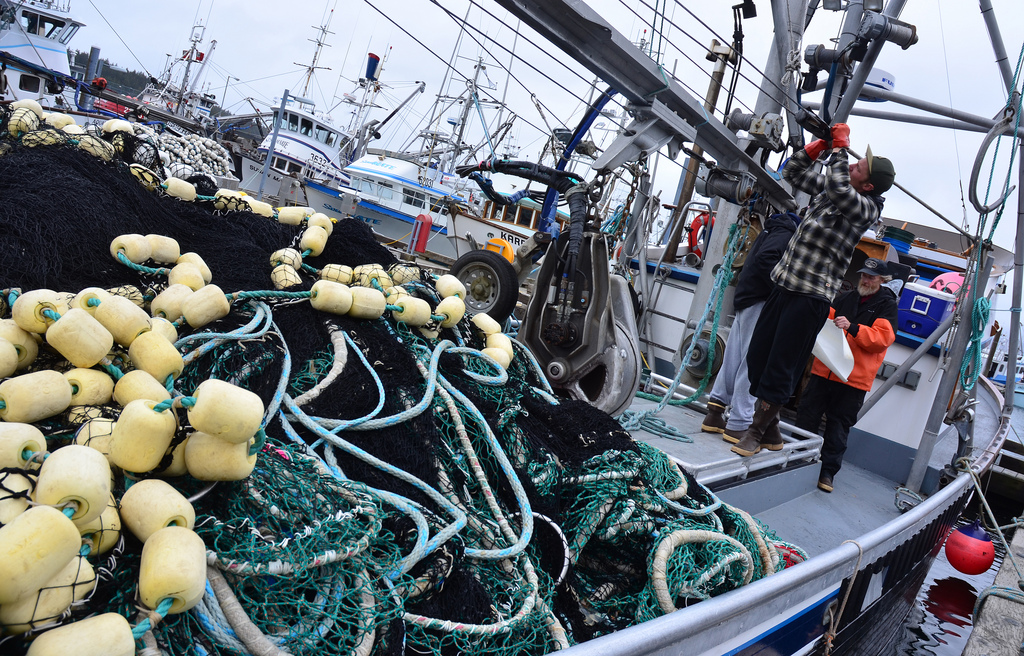
Flickr








